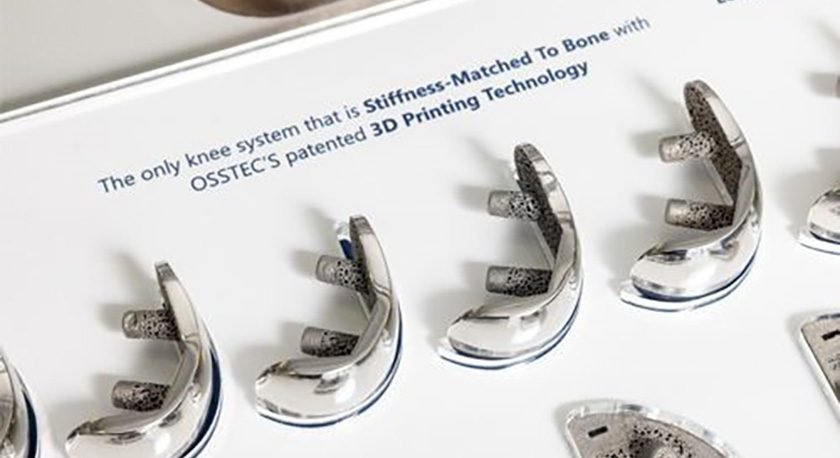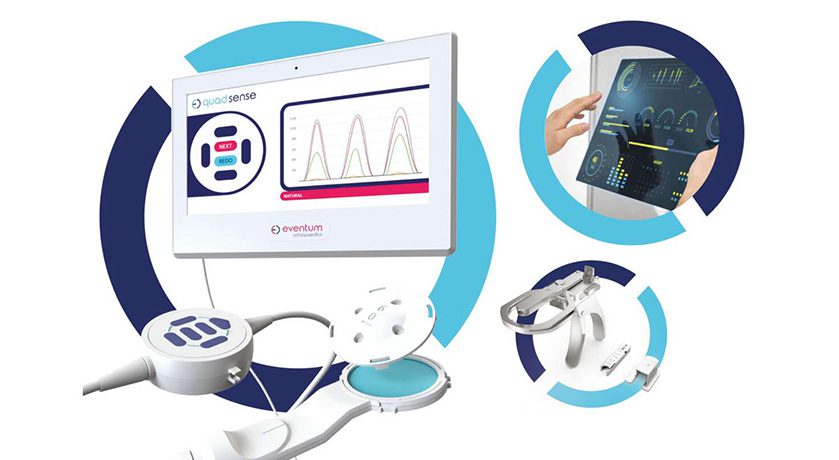

 Copy to clipboard
Copy to clipboard 
RevBio was awarded a Phase I Small Business Innovation Research grant from the National Institute on Aging. This funding will allow the company to pursue the treatment of vertebral compression fractures with its Tetranite® bone adhesive technology. Because the osteoconductive bone adhesive is injectable, the material may be delivered in a minimally invasive procedure.
In 2021, RevBio was awarded a two-year, $2 million Phase II Small Business Innovation Research to pursue the use of Tetranite to treat wrist fractures.
Historically, vertebral compression fractures have been primarily treated using vertebroplasty and kyphoplasty, whereby polymethylmethacrylate is injected into the vertebral body through a transpedicular approach under fluoroscopy. However, more recent clinical evidence has shown that these procedures are extremely risky, with significant complications. Most concerning is the risk of cement leakage, which has occurred in up to 75% of all reported cases in published literature with up to 23% resulting in pulmonary emboli. It is therefore not surprising that the prevalence of these procedures decreased by more than 70% from their peak since this information has come to light.
“This opportunity complements the indications we are currently pursuing in dentistry, cranial surgery, orthopaedic trauma procedures, and animal health indications,” said Brian Hess, CEO of RevBio. The successful completion of the research awarded in this Phase I grant will put RevBio on track to apply for a larger, Phase II grant which would provide approximately $2 million in follow-on funding for this project.
Source: RevBio, Inc.
RevBio was awarded a Phase I Small Business Innovation Research grant from the National Institute on Aging. This funding will allow the company to pursue the treatment of vertebral compression fractures with its Tetranite® bone adhesive technology. Because the osteoconductive bone adhesive is injectable, the material may be delivered in a...
RevBio was awarded a Phase I Small Business Innovation Research grant from the National Institute on Aging. This funding will allow the company to pursue the treatment of vertebral compression fractures with its Tetranite® bone adhesive technology. Because the osteoconductive bone adhesive is injectable, the material may be delivered in a minimally invasive procedure.
In 2021, RevBio was awarded a two-year, $2 million Phase II Small Business Innovation Research to pursue the use of Tetranite to treat wrist fractures.
Historically, vertebral compression fractures have been primarily treated using vertebroplasty and kyphoplasty, whereby polymethylmethacrylate is injected into the vertebral body through a transpedicular approach under fluoroscopy. However, more recent clinical evidence has shown that these procedures are extremely risky, with significant complications. Most concerning is the risk of cement leakage, which has occurred in up to 75% of all reported cases in published literature with up to 23% resulting in pulmonary emboli. It is therefore not surprising that the prevalence of these procedures decreased by more than 70% from their peak since this information has come to light.
“This opportunity complements the indications we are currently pursuing in dentistry, cranial surgery, orthopaedic trauma procedures, and animal health indications,” said Brian Hess, CEO of RevBio. The successful completion of the research awarded in this Phase I grant will put RevBio on track to apply for a larger, Phase II grant which would provide approximately $2 million in follow-on funding for this project.
Source: RevBio, Inc.

You are out of free articles for this month
Subscribe as a Guest for $0 and unlock a total of 5 articles per month.
You are out of five articles for this month
Subscribe as an Executive Member for access to unlimited articles, THE ORTHOPAEDIC INDUSTRY ANNUAL REPORT and more.
JV
Julie Vetalice is ORTHOWORLD's Editorial Assistant. She has covered the orthopedic industry for over 20 years, having joined the company in 1999.







